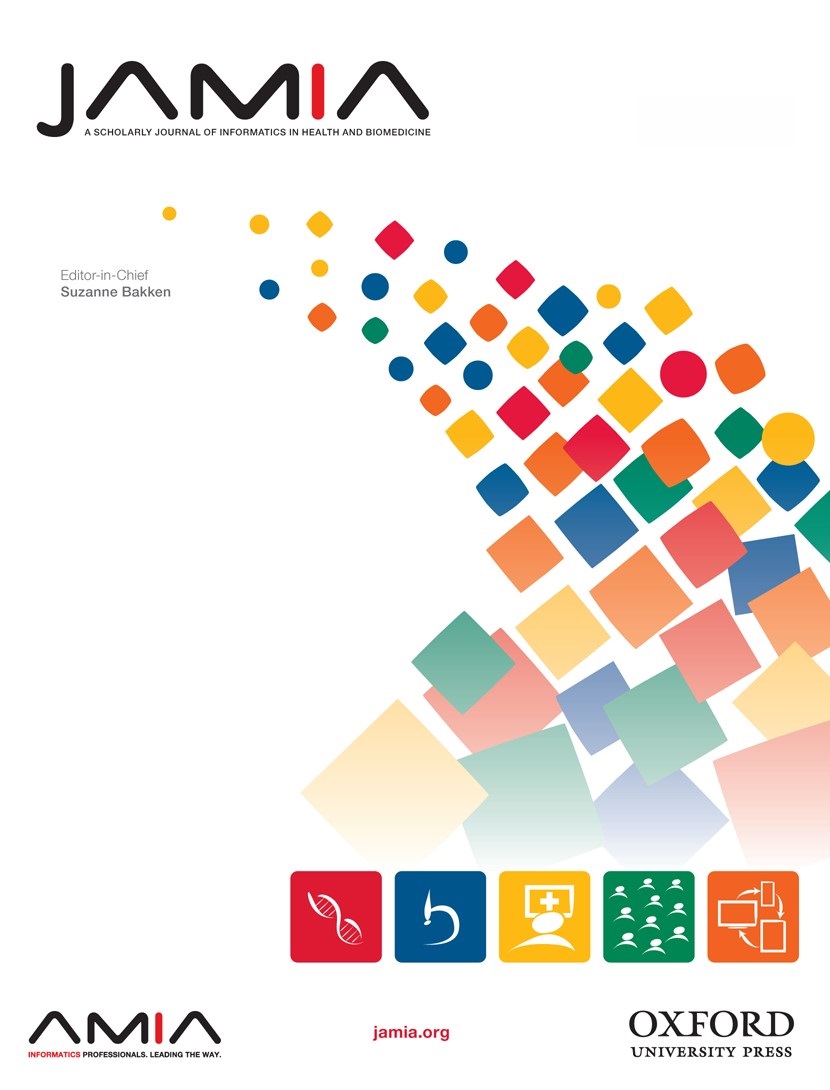
The National Institutes of Health’s All of Us Research Program is highlighted in a special issue of the Journal of the American Medical Informatics Association (JAMIA) this December, showcasing the program’s unprecedented commitment to return value to research participants. The issue covers key research about the program’s work in partnership with participants and communities, including efforts to develop access models and methods, support community engagement, build capacity and research competency, and advance health equity.
The All of Us Research Program is a precision medicine effort looking to enroll 1 million people who reflect the diversity of the United States to accelerate health research and medical breakthroughs, enabling individualized prevention, treatment, and care for all of us.
“Since the inception of